The famous final words of historical figures
Last words hold a unique fascination, offering a window into the minds of historical figures at their final moments. These utterances often encapsulate the essence of a person’s life, providing insight into their character, beliefs, and sometimes, humor. Last words can be poignant, defiant, or unexpectedly witty, leaving a lasting impression that echoes through time. Their power lies in their ability to humanize even the most iconic figures, allowing us a glimpse into their vulnerabilities and strengths as they faced the unknown.
Julius Caesar: “You too, child?” – A Betrayal Remembered
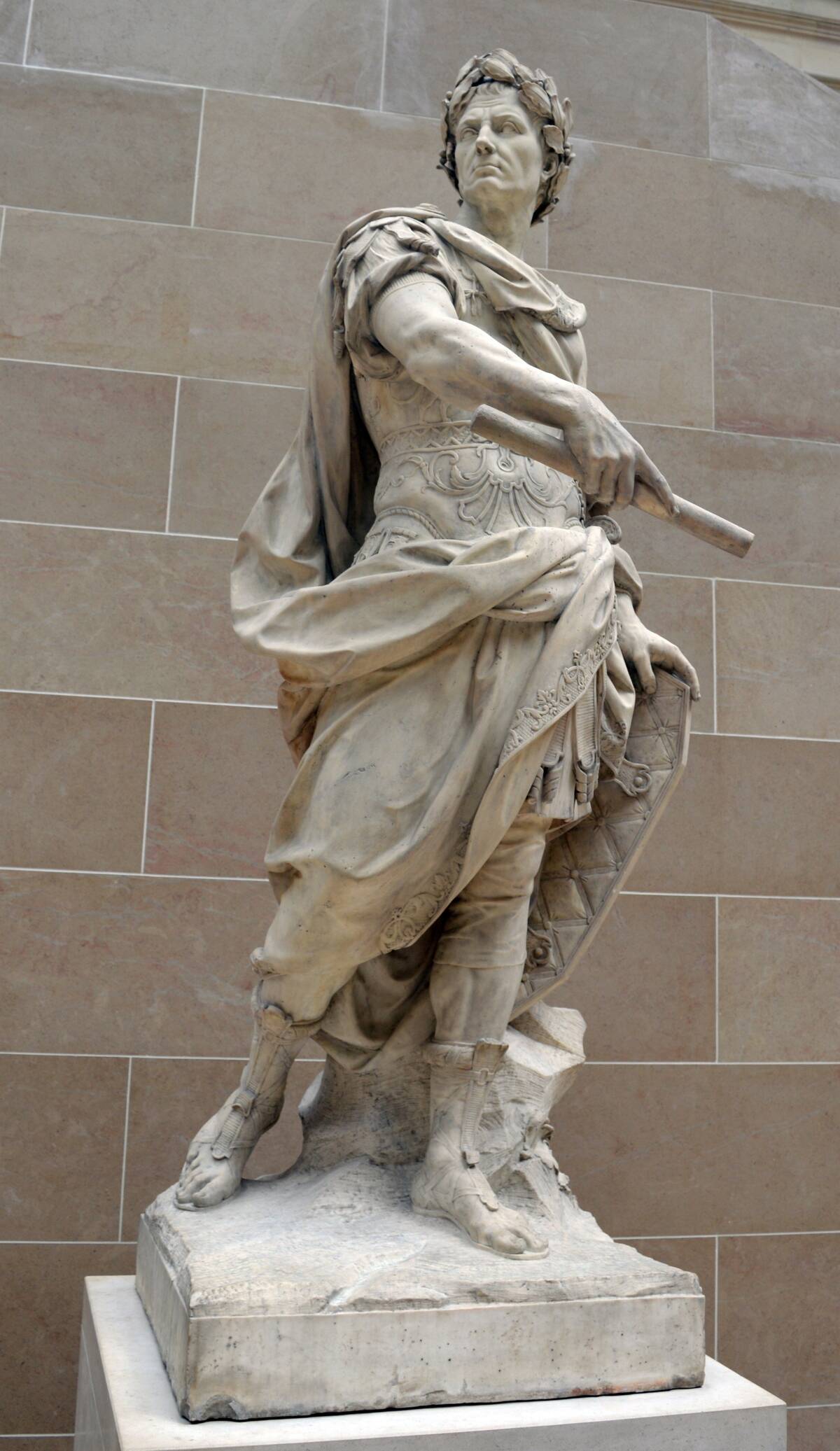
Julius Caesar’s famous last words, “You too, child?” are a testament to his shock and sense of betrayal upon seeing his friend Brutus among the conspirators. This moment has been immortalized in Shakespeare’s play, capturing the ultimate betrayal in Roman history.
His “Et tu, Brute?” version of the phrase has since become synonymous with acts of treachery, demonstrating the enduring power of Caesar’s final utterance as interpreted by the Bard. However, some historians disagree that Julius Caesar said anything at all during his assassination.
Marie Antoinette: “Pardon me, sir, I meant not to do it” – A Final Apology
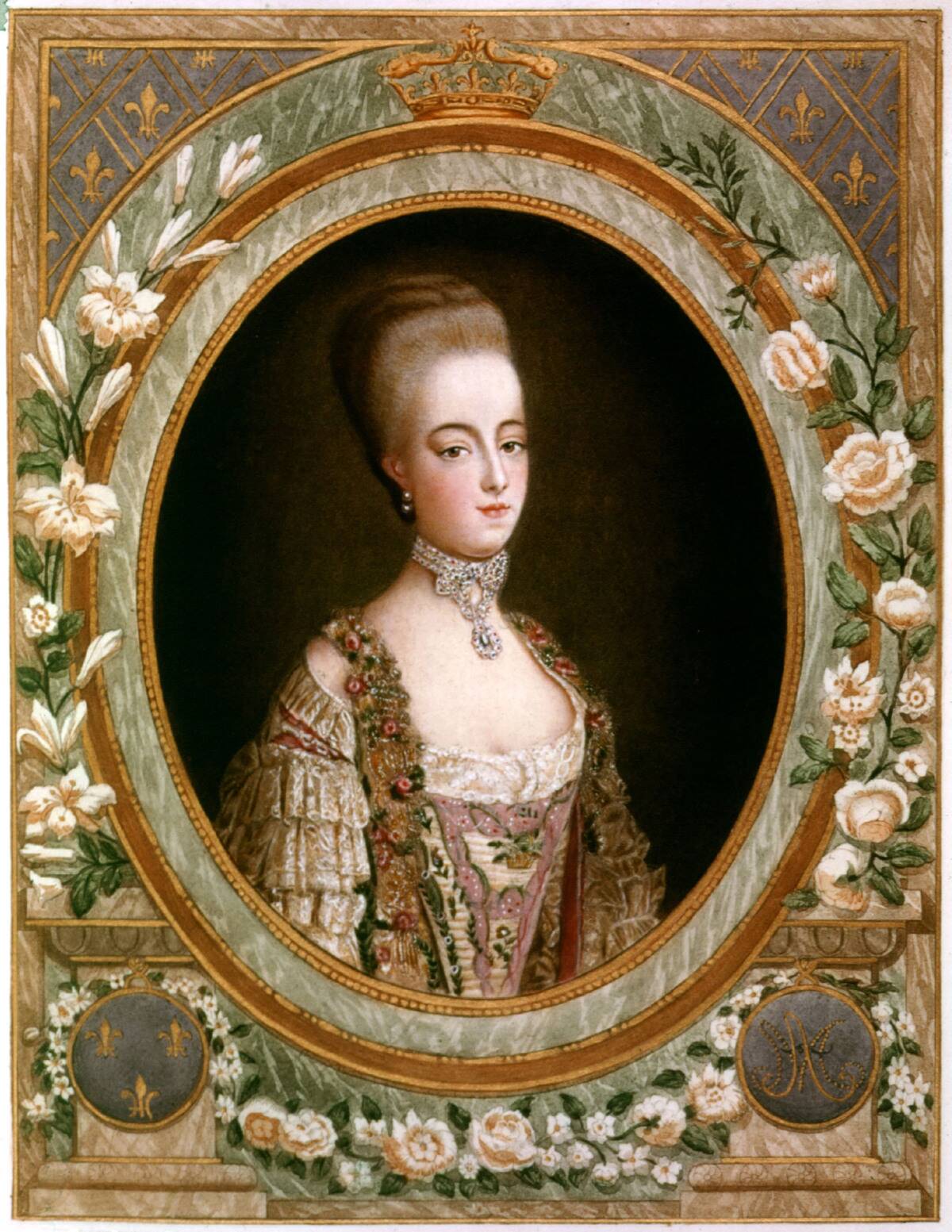
Marie Antoinette’s last words were reportedly an apology to her executioner after accidentally stepping on his foot. In her final moments, she maintained a sense of decorum and grace, which starkly contrasts with her image as a detached and frivolous monarch.
Her apology highlights the human side of a queen often vilified in history. It serves as a reminder that even in the face of death, Marie Antoinette remained composed, offering a glimpse into her true character.
Thomas Jefferson: “Is it the Fourth?” – A Patriot’s Final Question
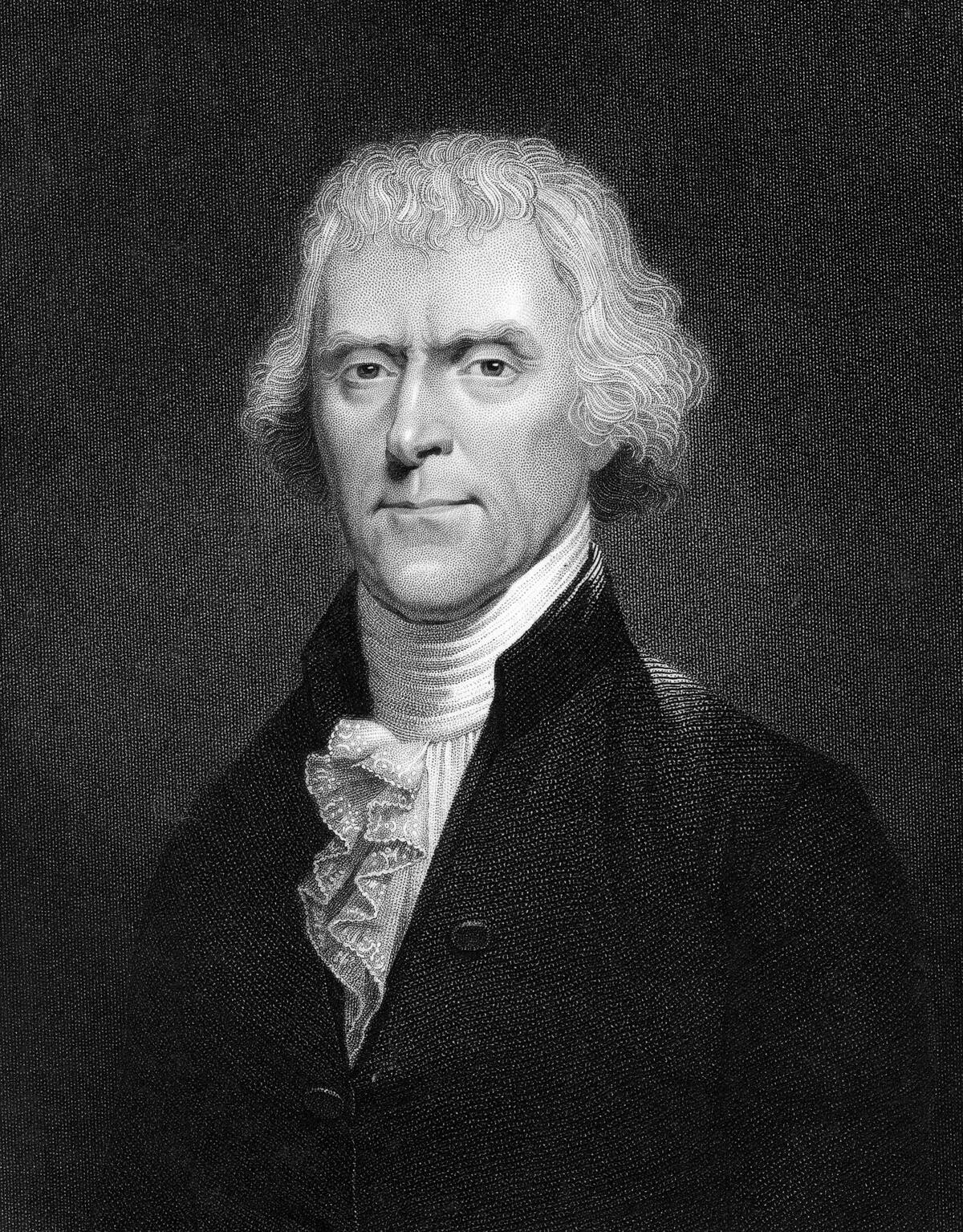
As one of the Founding Fathers of the United States, Thomas Jefferson’s concern about the date of his death is both fitting and poignant. He inquired, “Is it the Fourth?” wanting to know if he would live to see the 50th anniversary of the Declaration of Independence.
Jefferson passed away on July 4th, 1826, the same day as John Adams, marking an extraordinary coincidence in American history. His asking about this significant date was reportedly heard shortly before his passing, but his last recorded words were simply, “No, doctor, nothing more.”
Oscar Wilde: “My wallpaper and I are fighting a duel to the death. One or the other of us has to go” – Wit Till the End
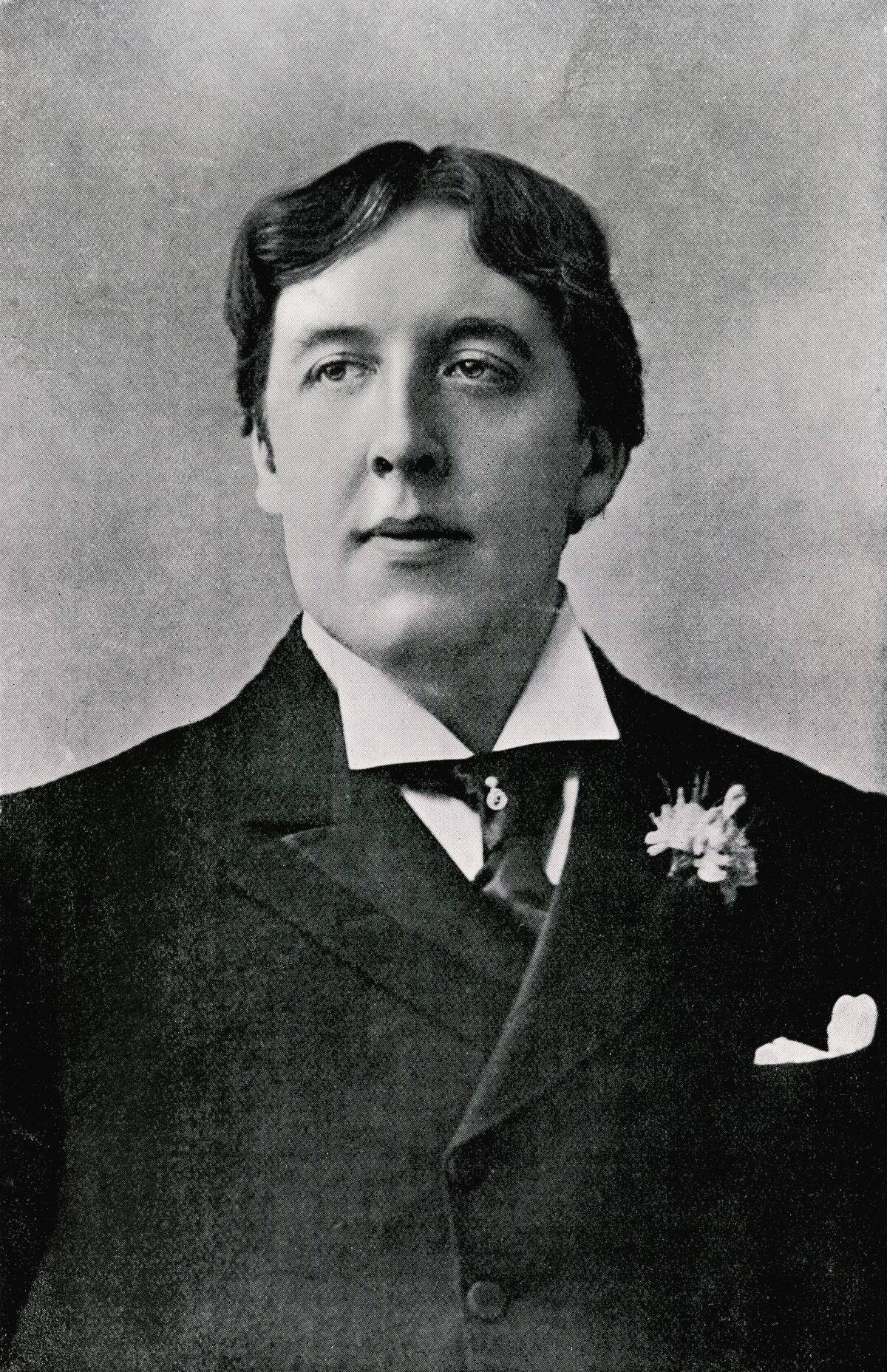
Oscar Wilde’s humor shone through even in his dying moments with the quip, “My wallpaper and I are fighting a duel to the death. One or the other of us has to go.” Known for his wit and charm, Wilde’s last words reflect his enduring sense of humor despite his dire circumstances.
The statement captures the essence of his literary style, which often combined satire with social commentary. Wilde’s ability to find humor in the face of death is a testament to his character and legacy as one of literature’s great wits.
Winston Churchill: “I’m so bored with it all” – The End of an Era
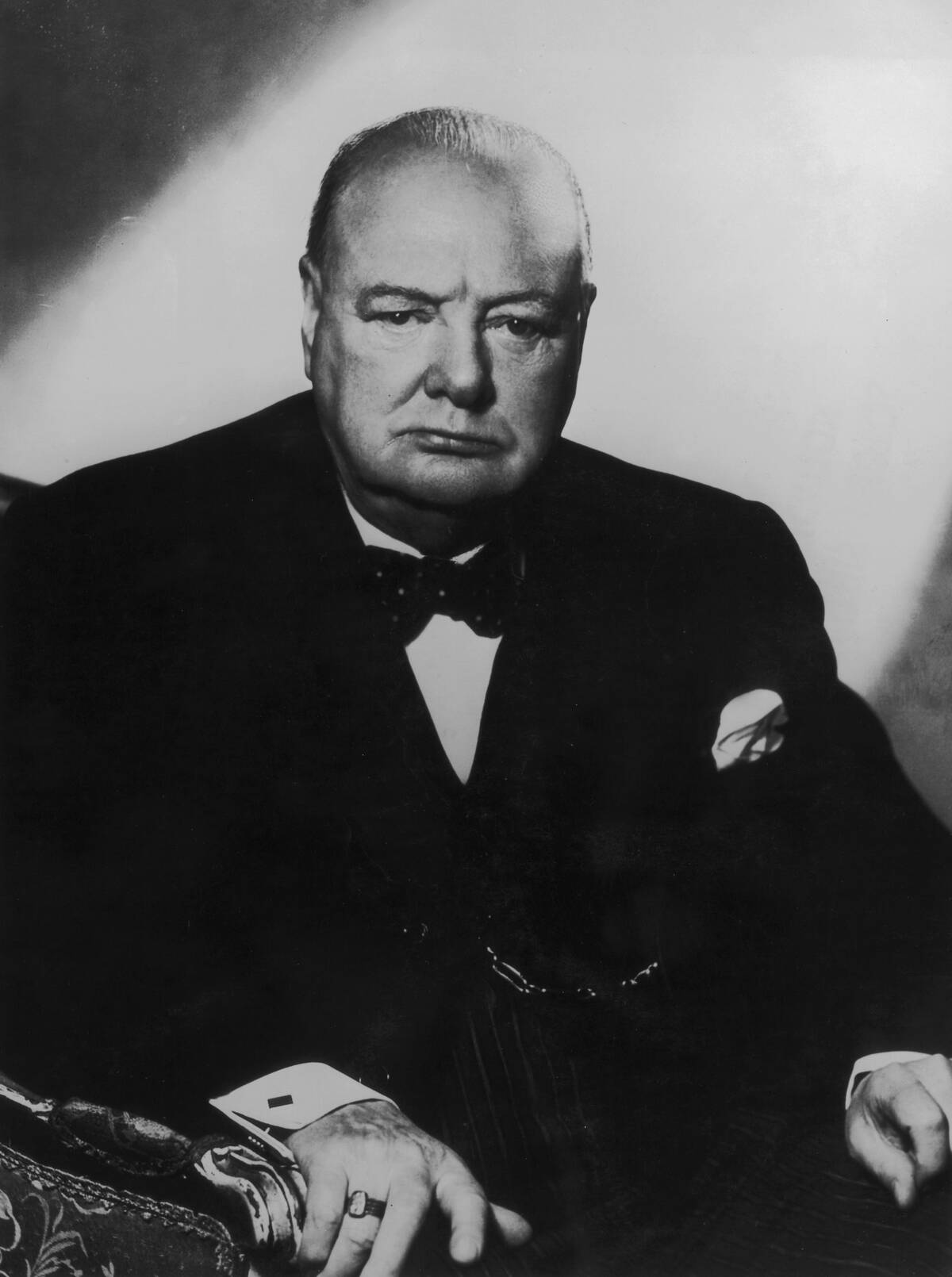
Winston Churchill, a towering figure in British history, reportedly declared, “I’m so bored with it all” before slipping into a coma after his final stroke. This statement, tinged with resignation, marked the end of an era for a man who had spent his life in public service and leadership during tumultuous times.
Churchill’s words reflect a sense of weariness after a lifetime of battling political and personal challenges. His legacy, however, remains vibrant, as his contributions to history continue to be celebrated and studied.
Nostradamus: “Tomorrow, at sunrise, I shall no longer be here.” – Prophecy Fulfilled
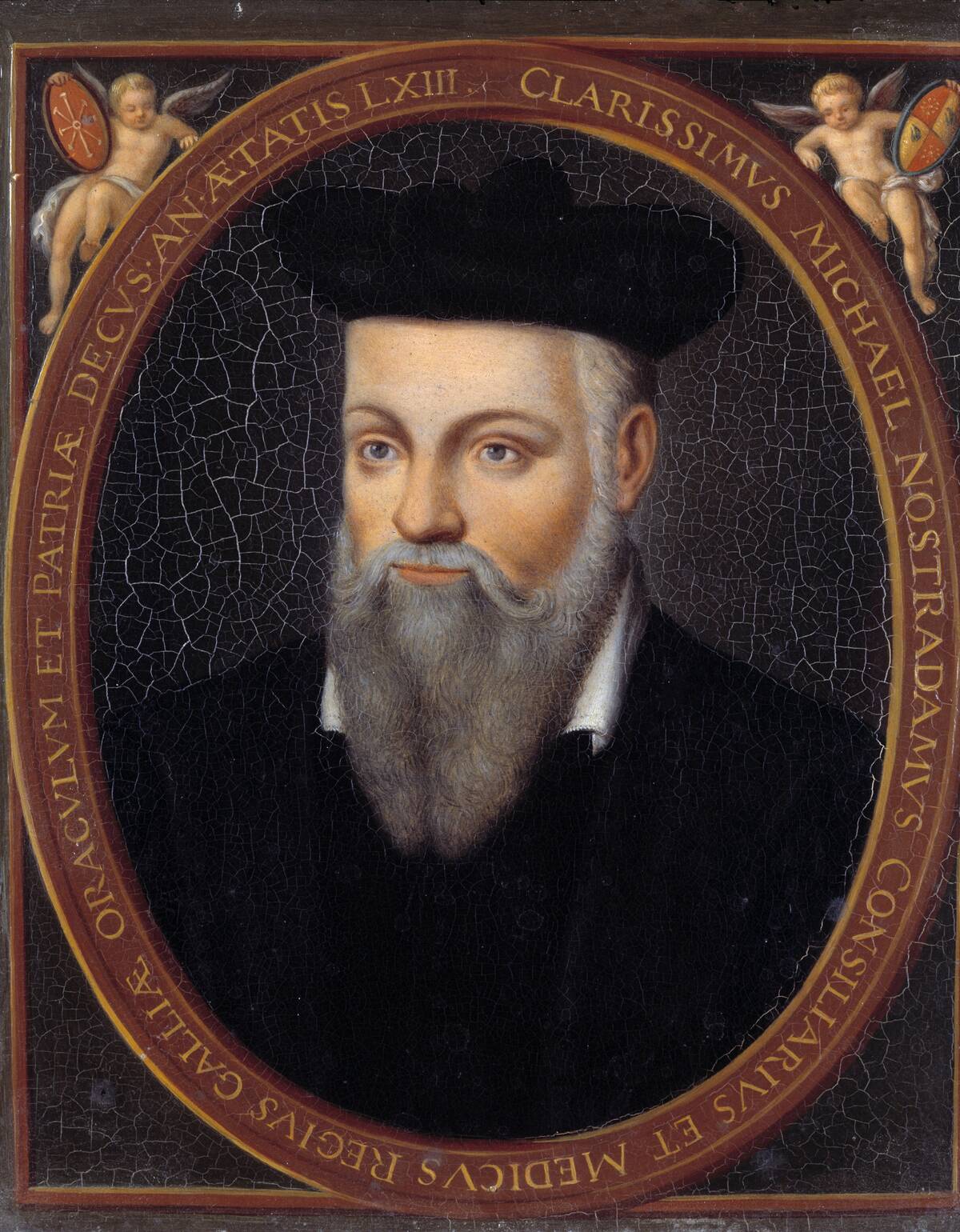
The reputed last words of Nostradamus, “Tomorrow, at sunrise, I shall no longer be here,” add to the mystique surrounding the famous seer. Known for his cryptic prophecies, Nostradamus’s prediction of his own death seems fittingly enigmatic.
Whether or not he actually uttered these words remains a matter of debate, yet they contribute to his enduring legacy as a mysterious and intriguing figure. Nostradamus’s life and work continue to captivate those fascinated by the possibility of foretelling the future.
Emily Dickinson: “I must go in, the fog is rising” – A Poetic Farewell
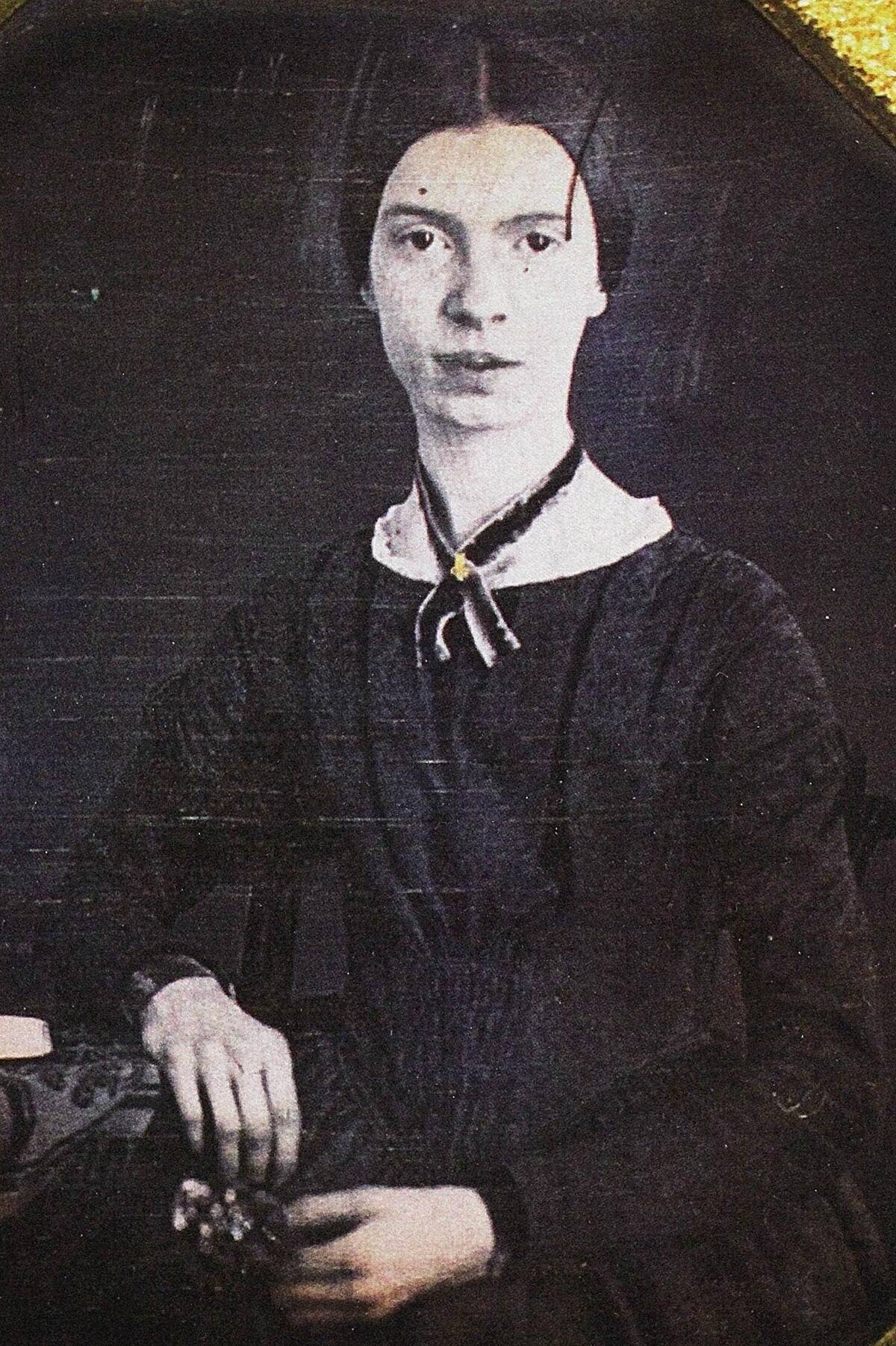
Emily Dickinson’s last words, “I must go in, the fog is rising,” poetically capture her transition from life to death. Known for her introspective and nature-inspired poetry, Dickinson’s farewell reflects the ethereal and contemplative quality of her work.
Her words suggest a peaceful acceptance of death, as if she were observing a natural phenomenon. Dickinson’s legacy as a reclusive yet profound poet is enriched by this final, lyrical expression of her journey into the unknown.
Ludwig van Beethoven: “It’s a shame, a shame — too late!” – The Final Act
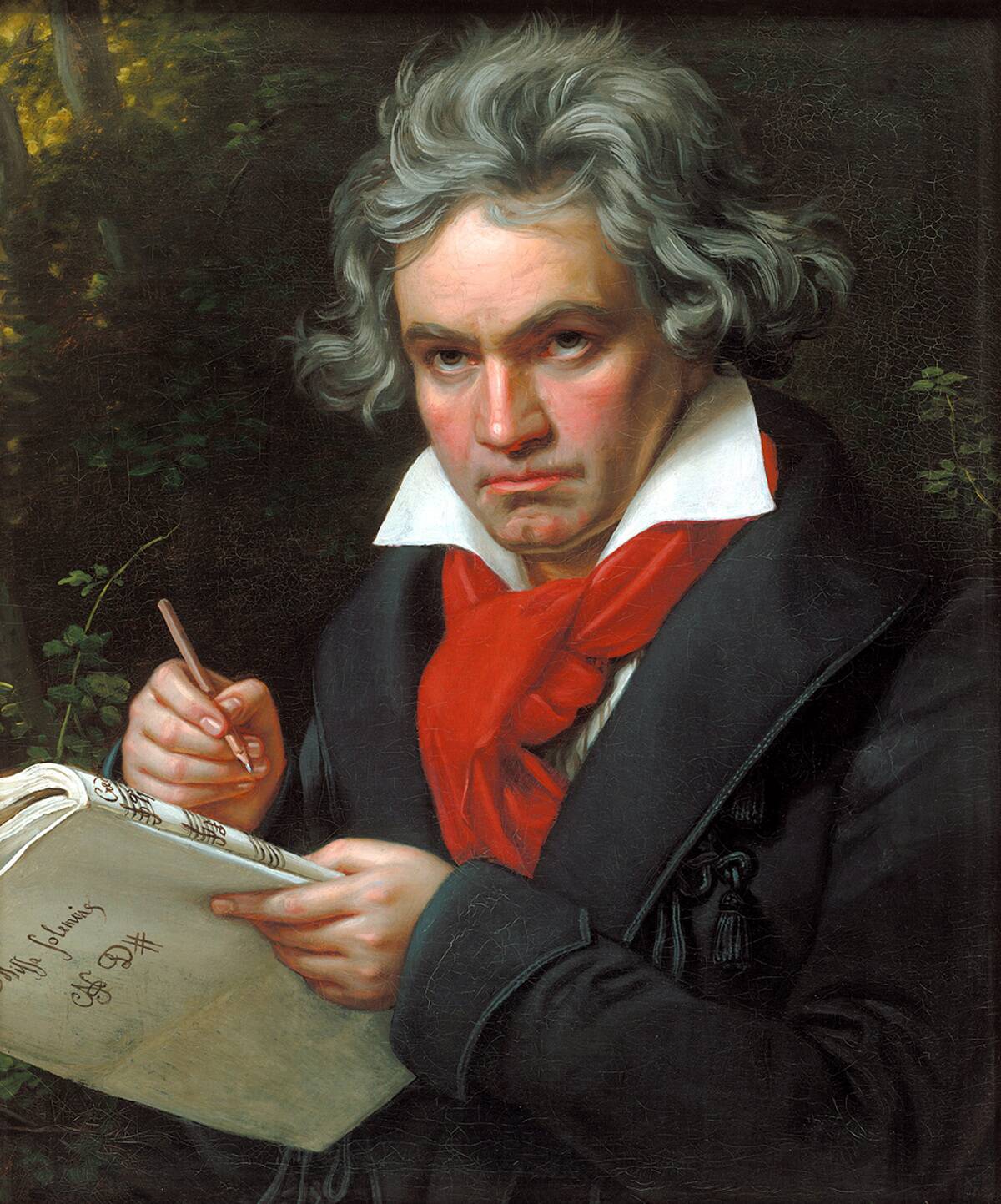
Ludwig van Beethoven’s last words, which were translated “It’s a shame, a shame — too late!,” were a reference to the wine that was about to be delivered to his home. Since he knew his end was near, he lamented that his death would come to pass before the wine arrived.
Just as many prominent musicians of his day and since have been, Beethoven was reputedly a heavy drinker. Indeed, it’s possible that he drank as many as three bottles of wine a day.
George Washington: “’Tis well” – A Stoic Departure

George Washington’s succinct last words, “’Tis well,” reflect the stoicism and composure that characterized his leadership. As the first President of the United States, Washington’s calm acceptance of death mirrors his steady guidance during the nation’s formative years.
His words convey a sense of fulfillment and peace, suggesting contentment with his life’s work and achievements. Washington’s legacy as a founding father and revered leader remains a cornerstone of American history, enduring through the ages.
James Dean: “That guy’s got to stop… He’ll see us” – A Tragic Premonition
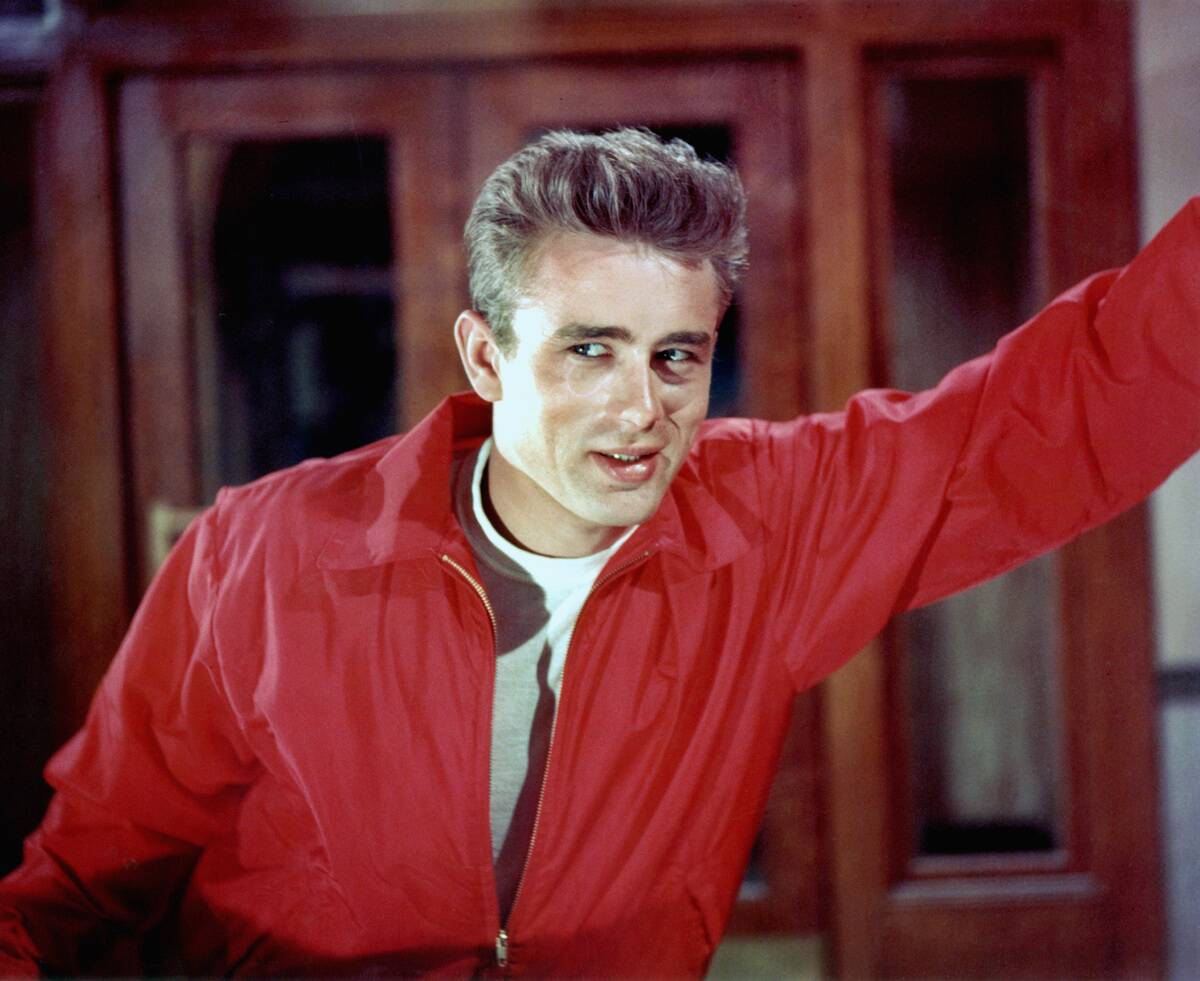
James Dean’s last words, “That guy’s got to stop… He’ll see us,” were tragically prophetic, uttered moments before his fatal car crash. The young actor, known for his role in Rebel Without a Cause, remains an enduring symbol of youthful rebellion and tragedy.
Dean’s untimely death at 24 cemented his status as a cultural icon, with his last words adding to the mythos surrounding his life. His legacy continues to inspire generations of actors and fans.



